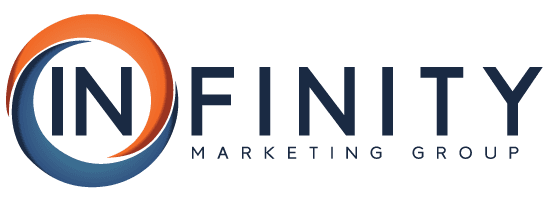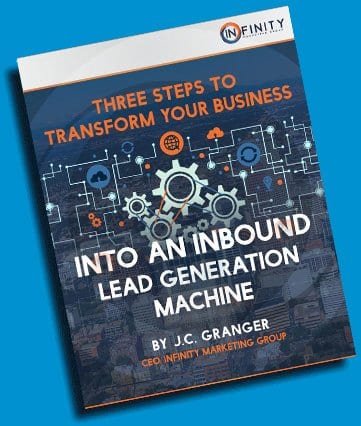Software as a service is an incredibly competitive market when it comes to search engine optimization. Over the last half-decade, the SaaS space has exploded and, thanks to all that growth, the fight for high keyword rankings is a brutal one. So what SEO strategies can your SaaS company use to stand out against the competition?
Implement ‘Topic Clusters’ As An SEO Strategy
Utilize the topic cluster model for your SEO strategy. While keywords are the central nervous system of any decent SEO strategy, they’re not the answer to dominating search. Using software like SEM Rush, Ahrefs or even just Google AdWords’ Auction Insights, you can compare and contrast relevant keywords’ search volume versus how competitive the fight for that search term is. Identify a series of high-level topics that may be more competitive with these terms and then identify clusters of keywords that fit into subtopics under each higher level topic. By focusing on keywords that have medium-to-low competition but decent search volume, you can optimize your site to attract the right potential customers without being squashed by competitors that have more page authority than you.
For example, if you’re an accounting software company, “accounting software” is probably going to put you up against companies with bigger marketing budgets and higher domain authority like Quickbooks and Xero. But using flanking terms with similar meanings like “budgeting software” still gets you traffic without the high-budget competition. Getting even more specific with search terms like “home budgeting software” will help you lower competition—and target your ideal customers—more effectively.
Optimizing for Lead Conversion, Not Search Engines
This strategy can be a tricky one because, to pull it off, you still need to make sure qualified candidates are making it to your site. The idea behind this strategy is that, instead of increasing the number of customer conversions by increasing the volume of visitors who enter the top of your sales funnel via organic search, you instead optimize your content to convert a higher percentage of those visitors you’re already getting.
If you’re not getting any traffic in the first place, this will not work. You can’t increase the percentage of conversions if your number of visitors is zero. However, if you already have a reliable stream of pay-per-click visitors or social media referrals that are sending qualified leads your way, choosing to tailor your content in a way that optimizes moving the greatest portion of leads through the buyer’s journey can help increase your overall number of conversions.
Focus on Voice Search Queries
With personal AI assistants becoming household staples, more and more people are changing the way they phrase search queries. And when the language of search queries changes, that opens up a lot of new keywords and search terms that haven’t become overly competitive.
Instead of using keywords like “budgeting software,” try using phrases that reflect how customers speak to a personal AI assistant. Alexa isn’t going to know what to do if their user just says “budgeting software,” but if the user says “Alexa, what’s a good budgeting software for small businesses?” That you can use. Search engine optimizing your tech site for long-tail, conversational keywords can help you target the quickly-growing portion of search engine users who are using personal assistants to do their research.





